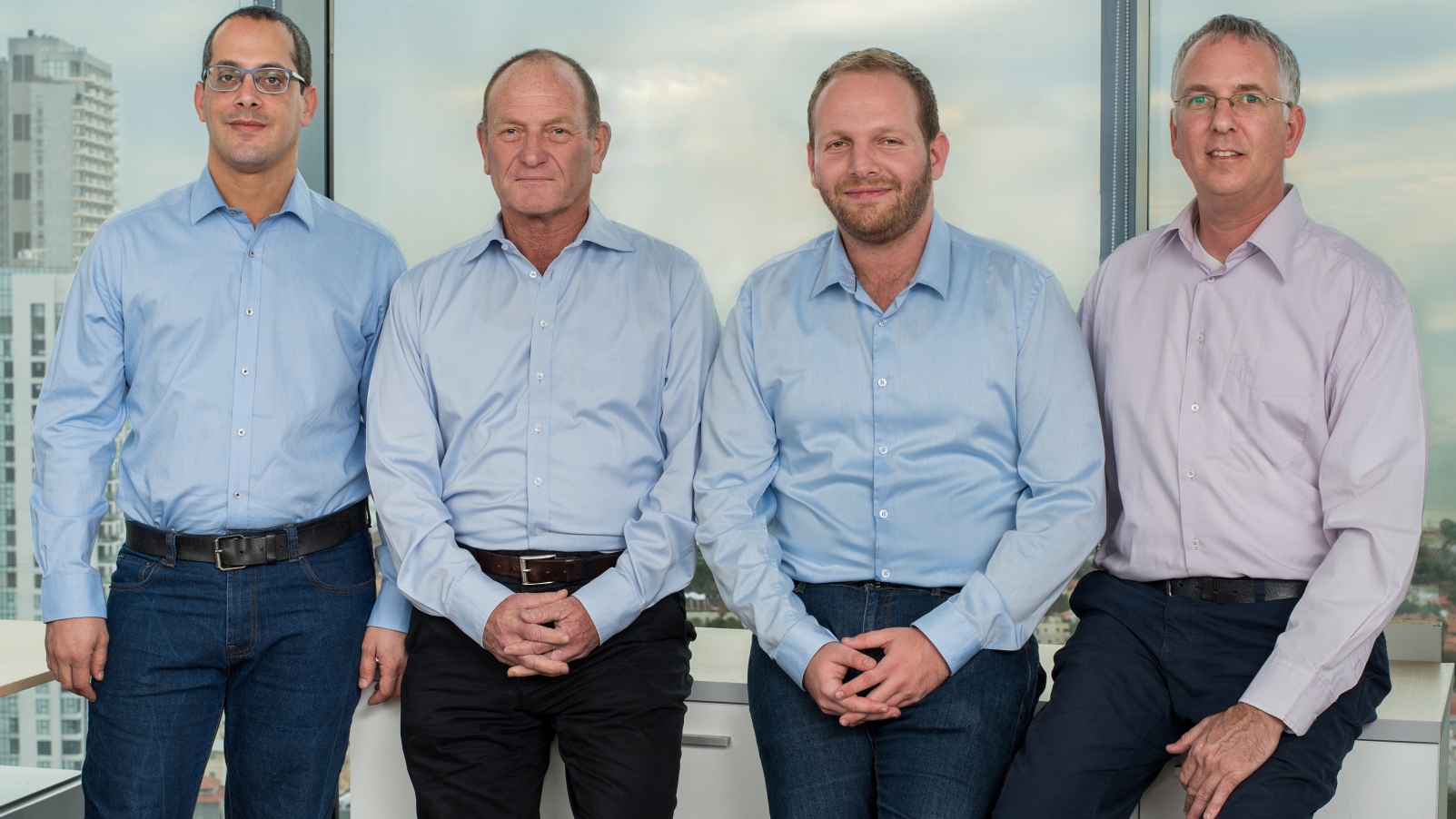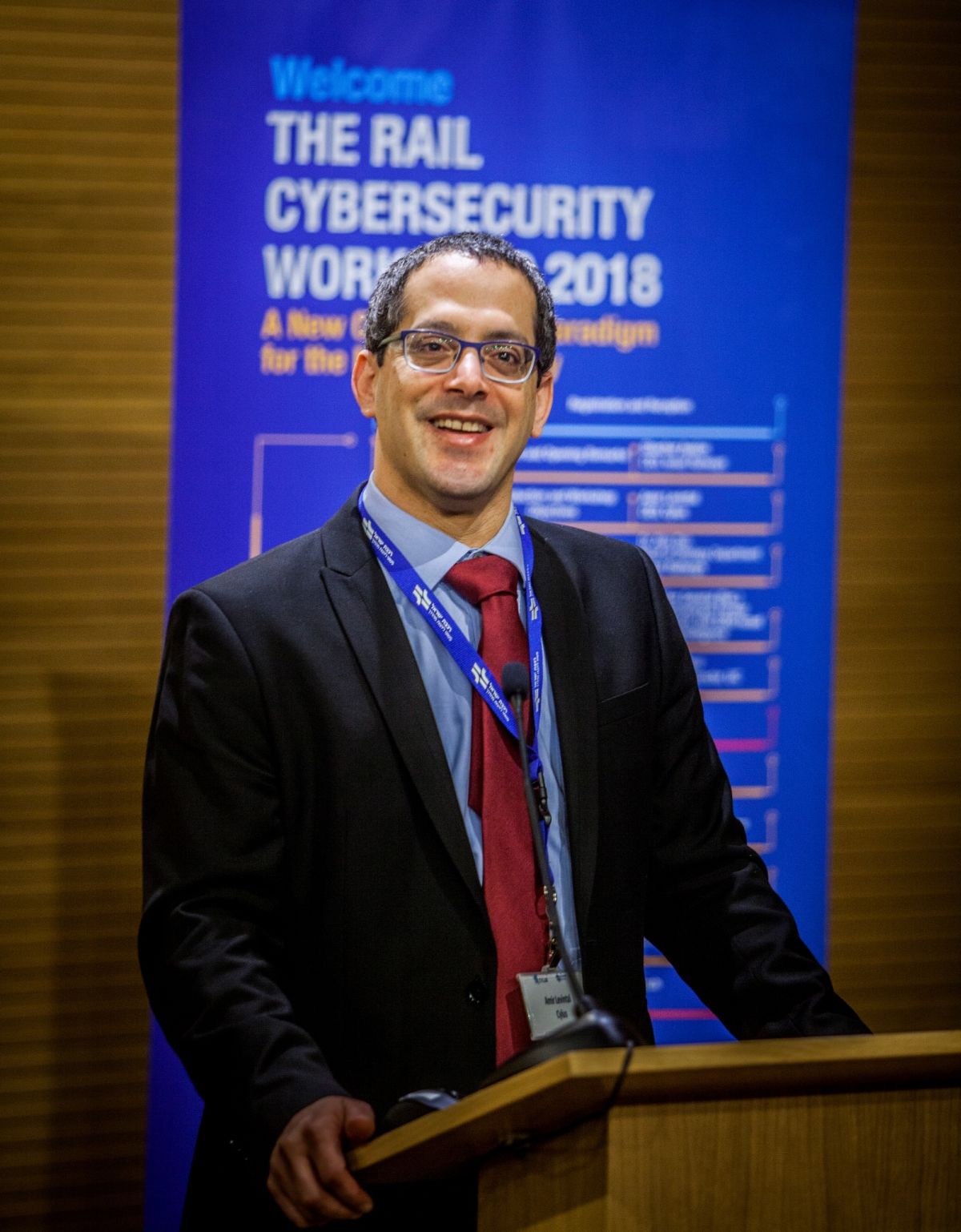Rail transport is undergoing a huge transformation thanks to automated, wireless and connected technologies that whoosh passengers down the tracks faster and more efficiently than ever before possible.
However, these same technologies have opened a door to new types of cyber-attacks that can threaten passenger safety, disrupt service and cause serious economic damage.
Now pulling into the station with a uniquely Israeli solution is Cylus, a specialized cybersecurity startup led by a former Israel Railways CEO and veterans of the Israeli Defense Forces Intelligence Corps’ elite technological intelligence and security units.
Founded in 2017 and only recently out of stealth mode, Cylus has raised $4.7 million in seed money to develop its proactive solution to protect railways and metros anywhere in the world.
“In the worst-case scenario, hackers could send commands to the train causing them to slow down, stop completely, or even accelerate on curves.”
“The automotive industry has woken up to the critical need for cyber protection. It’s time the railway industry got on board as well,” says Cylus CEO Amir Levintal. “Current approaches to cybersecurity do not fit the architecture of railway networks today.”
Levintal, former director of the Cyber R&D Division of the IDF’s technological unit, tells ISRAEL21c that new signaling systems are especially vulnerable to hackers.
“These systems are used to direct railway traffic and to keep trains clear of one another, and as such, are the heart of safety-critical train operations. They have also become more and more automated over the past few years – and are now operated wirelessly,” he explains.

“In the worst-case scenario, hackers could send commands to the train causing them to slow down, stop completely, or even accelerate on curves so that the train would be unable to align itself with the switches on the track. All of these scenarios could lead to disaster.”
It’s not just theoretical. Rail companies in the US, UK, Germany, South Korea and Sweden have been hacked in recent years – often by insiders (employees, former employees, contractors or business associates working within the system). Levintal believes several train accidents also have been caused by hackers.
Detect and block railway hackers
Boaz Zafrir, president of Cylus and former CEO of Israel Railways, says railway executives are acutely aware of the dangers and are looking for answers.
He decided to fill that need by founding Cylus together with Zohar Zisapel, chairman of the RAD Group and several Israeli auto-tech related startups including Argus Cyber Security and Innoviz Technologies.
They gathered a team with expertise in the rail and cyber industries, and have attracted investment from Magma Venture Partners, Vertex Ventures and the SBI Group.
“As far as we know, we are the only startup that is currently developing a cybersecurity solution that is specifically tailored to the industry’s unique requirements, including detection of cyberattacks in a rail system’s operational network, signaling systems and rolling stock,” Levintal says.
Cylus’ military-grade technology is built to block attackers before they can cause any damage.

Levintal explains that the company’s name was fashioned from a combination of the word “cyber” and Salus, the Roman goddess of safety and well-being.
The growing team of 10 employees, based in Tel Aviv, also includes VP R&D Miki Shifman, an experienced cyber researcher from the IDF’s technological unit, and CTO Gal Shmueli, former cyber CTO of the IDF’s technological unit.
Will Cylus be assuring safety on the soon-to-open fast rail line between Tel Aviv and Jerusalem? Levintal says Cylus is currently in negotiations with several national railways but he is not at liberty to reveal details just yet.
Meanwhile, rail cybersecurity is a hot topic across the world, with meetings and summits planned throughout 2018 in various countries.
On January 29, Cylus participated in a special Cyber for Trains session at the Cybertech confab in Tel Aviv, presenting a new cybersecurity paradigm for the modern railway. Among experts on hand were Shahar Ayalon, CEO of Israel Railways; Ehud Schneorson, former commander of the IDF’s Technology & Intelligence Unit 8200; and Marc Antoni, director of the Rail System Department, International Union of Railways (France).
For more information about Cylus, click here.
















